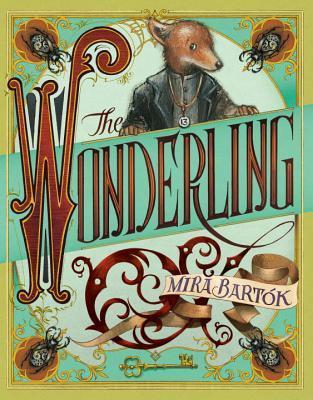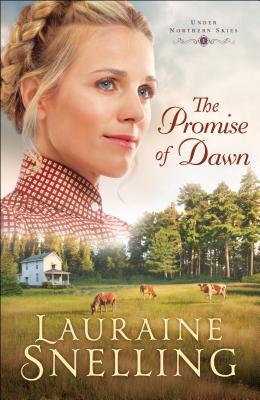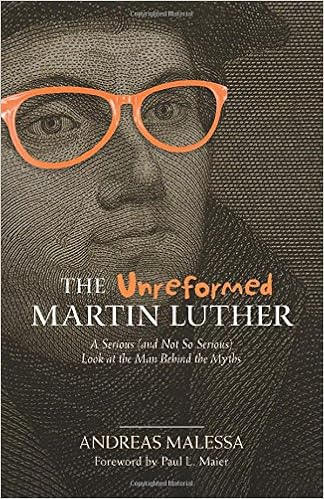 |
| Click to view on Goodreads |
Baseball, basketball, football -- no matter the game, Jackie Robinson excelled. His talents would have easily landed another man a career in pro sports, but such opportunities were closed to athletes like Jackie for one reason: his skin was the wrong color. Settling for playing baseball in the Negro Leagues, Jackie chafed at the inability to prove himself where it mattered most: the major leagues. Then in 1946, Branch Rickey, manager of the Brooklyn Dodgers, recruited Jackie Robinson. Jackie faced cruel and sometimes violent hatred and discrimination, but he proved himself again and again, exhibiting courage, determination, restraint, and a phenomenal ability to play the game. In this compelling biography, award-winning author Doreen Rappaport chronicles the extraordinary life of Jackie Robinson and how his achievements won over -- and changed -- a segregated nation.
(128 pages)
I always knew in a vague sort of way that Jackie Robinson was the first African American baseball player, and that this was a Big Deal back in its time. I've never been much into sports, so I never knew much more about Jackie than those basic facts.
42 is Not Just a Number does a really good job of going beyond the basic facts and giving us a good sense of who Jackie was and what he experienced throughout his life–or at least the first few decades of his life; the last twenty years are pretty much skipped over. I think the parts that fascinated me the most, though, were actually the earliest days: his childhood and days in the military before he joined the Dodgers. You know what the single most fascinating thing I learned about Jackie Robinson was? His older brother Mack won a silver Olympic medal in the 200-meter dash in 1936. He received no support from the city of Pasadena when he went off to the Olympics, no ticker-tape parade when he returned, and once he finished competing he literally wound up sweeping the streets of the city at night.
I suppose it's just because of the glory and fame that follows all the Olympic athletes (regardless of race) nowadays, but the sad mental image of this amazing athlete coming so far only to be turned away by every white person in Pasadena is particularly stark and hateful to me. Even now, we all know about Jackie Robinson–but do we know about his brother Mack Robinson, an equally talented athlete in his own right? No, we don't. Not at all.
The other interesting scene that particularly caught my attention was when Jackie got in huge trouble when he sat on a bus next to a black woman whom the driver perceived to be white. Basically, when he got pulled before an authority figure in the army for this "crime," he was disrespectful of the charges and disobedient when ordered to stay in a different room where he wouldn't be allowed to argue his case. He eventually actually went to trial for the offences, and while he was acquitted he was left behind by his platoon. It all ended well, I suppose, since that indirectly led to his becoming a professional baseball player, but the injustice still rankles.
Basically, this is a straightforward and fairly simple, yet still detailed, description of Jackie Robinson's most formative moments. It does skim over some times that I think would have been interesting to know more about, but on the whole it does a good job and makes for an interesting read. If you or someone you know is interested in learning more about Jackie Robinson the human being, then I recommend 42 is Not Just a Number.
Disclaimer: I received a complimentary copy of this book from the publisher in exchange for an honest review.
I always knew in a vague sort of way that Jackie Robinson was the first African American baseball player, and that this was a Big Deal back in its time. I've never been much into sports, so I never knew much more about Jackie than those basic facts.
42 is Not Just a Number does a really good job of going beyond the basic facts and giving us a good sense of who Jackie was and what he experienced throughout his life–or at least the first few decades of his life; the last twenty years are pretty much skipped over. I think the parts that fascinated me the most, though, were actually the earliest days: his childhood and days in the military before he joined the Dodgers. You know what the single most fascinating thing I learned about Jackie Robinson was? His older brother Mack won a silver Olympic medal in the 200-meter dash in 1936. He received no support from the city of Pasadena when he went off to the Olympics, no ticker-tape parade when he returned, and once he finished competing he literally wound up sweeping the streets of the city at night.
I suppose it's just because of the glory and fame that follows all the Olympic athletes (regardless of race) nowadays, but the sad mental image of this amazing athlete coming so far only to be turned away by every white person in Pasadena is particularly stark and hateful to me. Even now, we all know about Jackie Robinson–but do we know about his brother Mack Robinson, an equally talented athlete in his own right? No, we don't. Not at all.
The other interesting scene that particularly caught my attention was when Jackie got in huge trouble when he sat on a bus next to a black woman whom the driver perceived to be white. Basically, when he got pulled before an authority figure in the army for this "crime," he was disrespectful of the charges and disobedient when ordered to stay in a different room where he wouldn't be allowed to argue his case. He eventually actually went to trial for the offences, and while he was acquitted he was left behind by his platoon. It all ended well, I suppose, since that indirectly led to his becoming a professional baseball player, but the injustice still rankles.
Basically, this is a straightforward and fairly simple, yet still detailed, description of Jackie Robinson's most formative moments. It does skim over some times that I think would have been interesting to know more about, but on the whole it does a good job and makes for an interesting read. If you or someone you know is interested in learning more about Jackie Robinson the human being, then I recommend 42 is Not Just a Number.
Disclaimer: I received a complimentary copy of this book from the publisher in exchange for an honest review.







